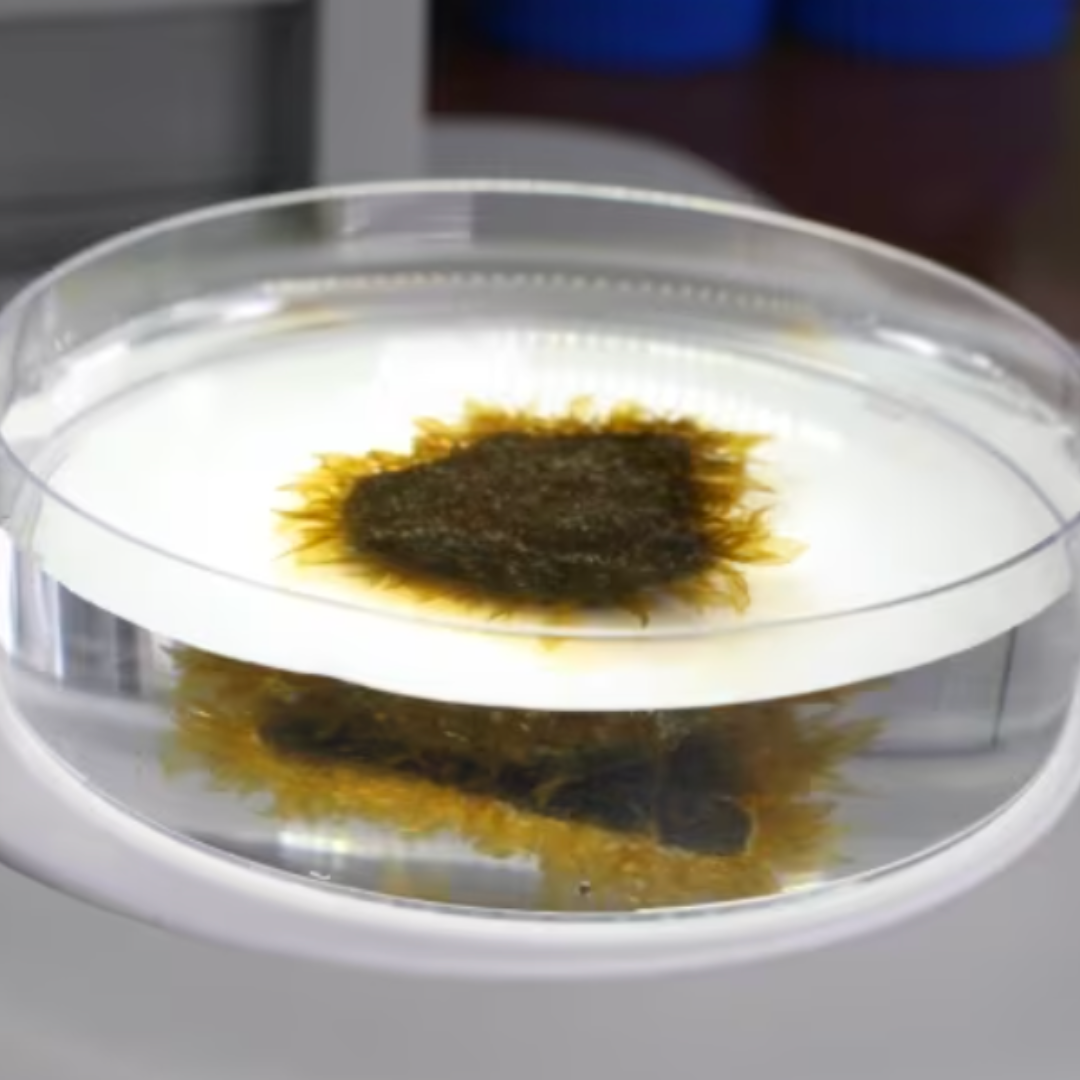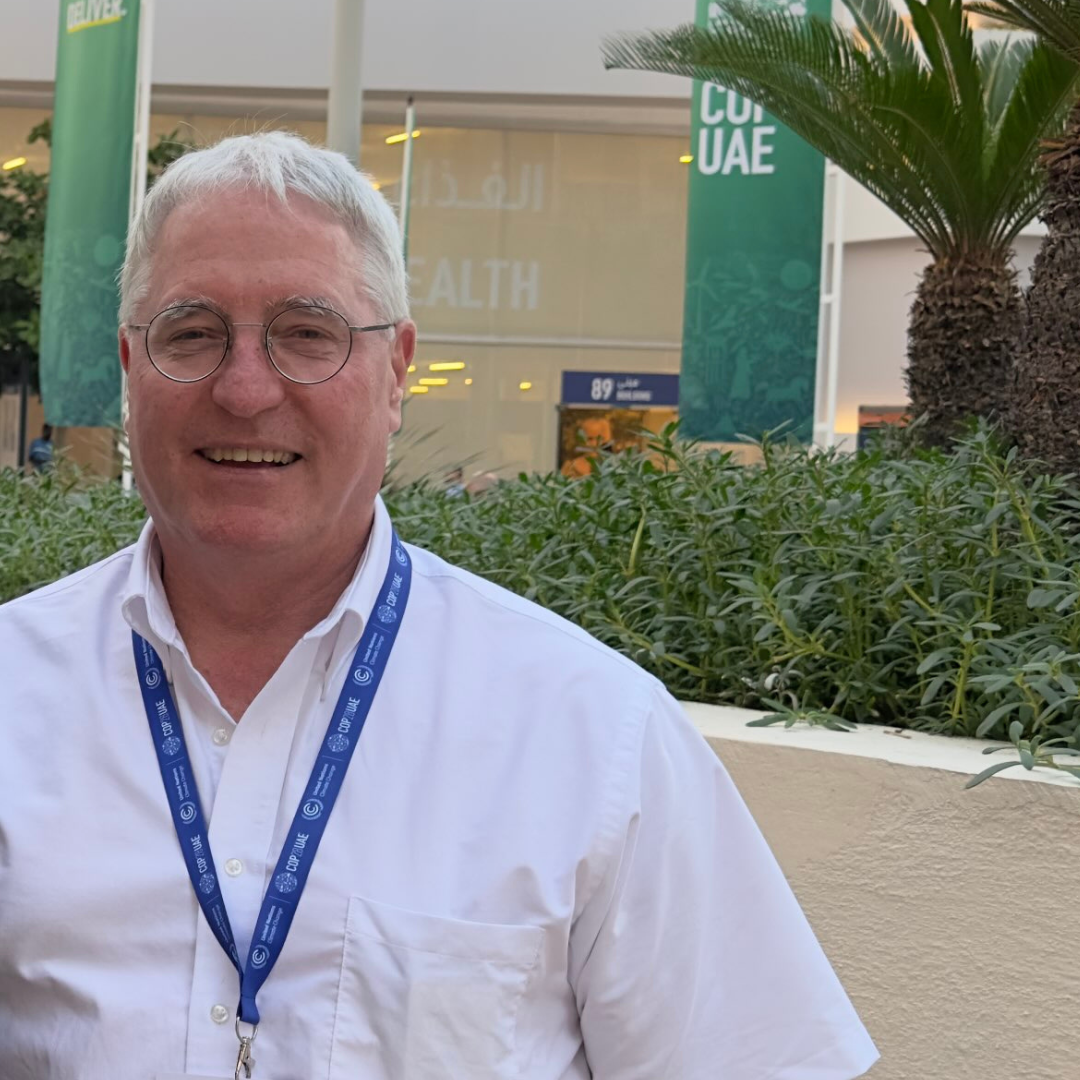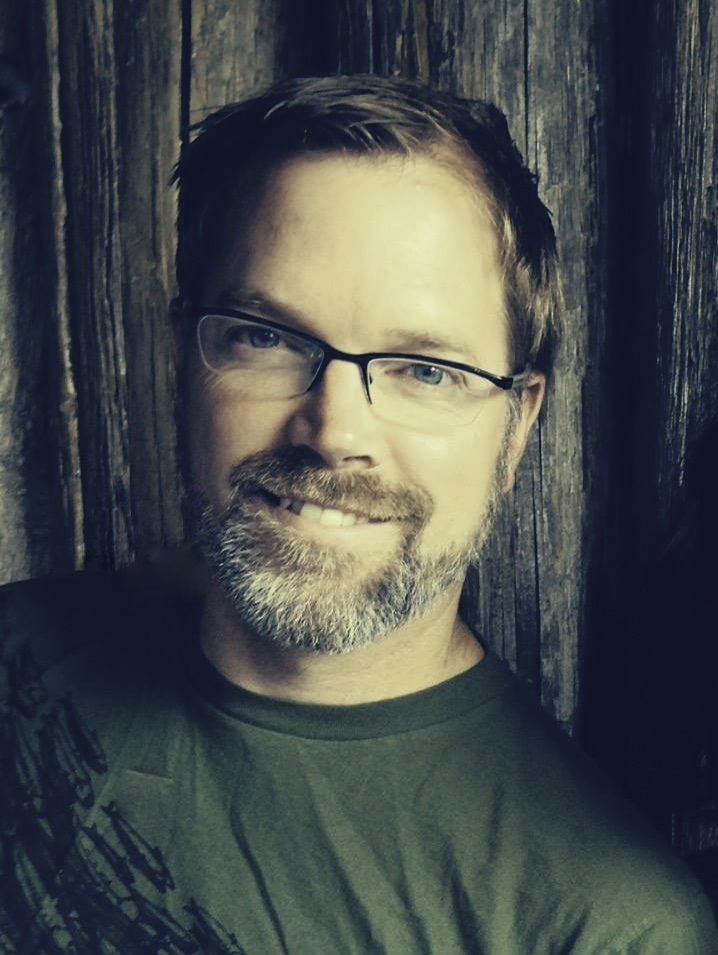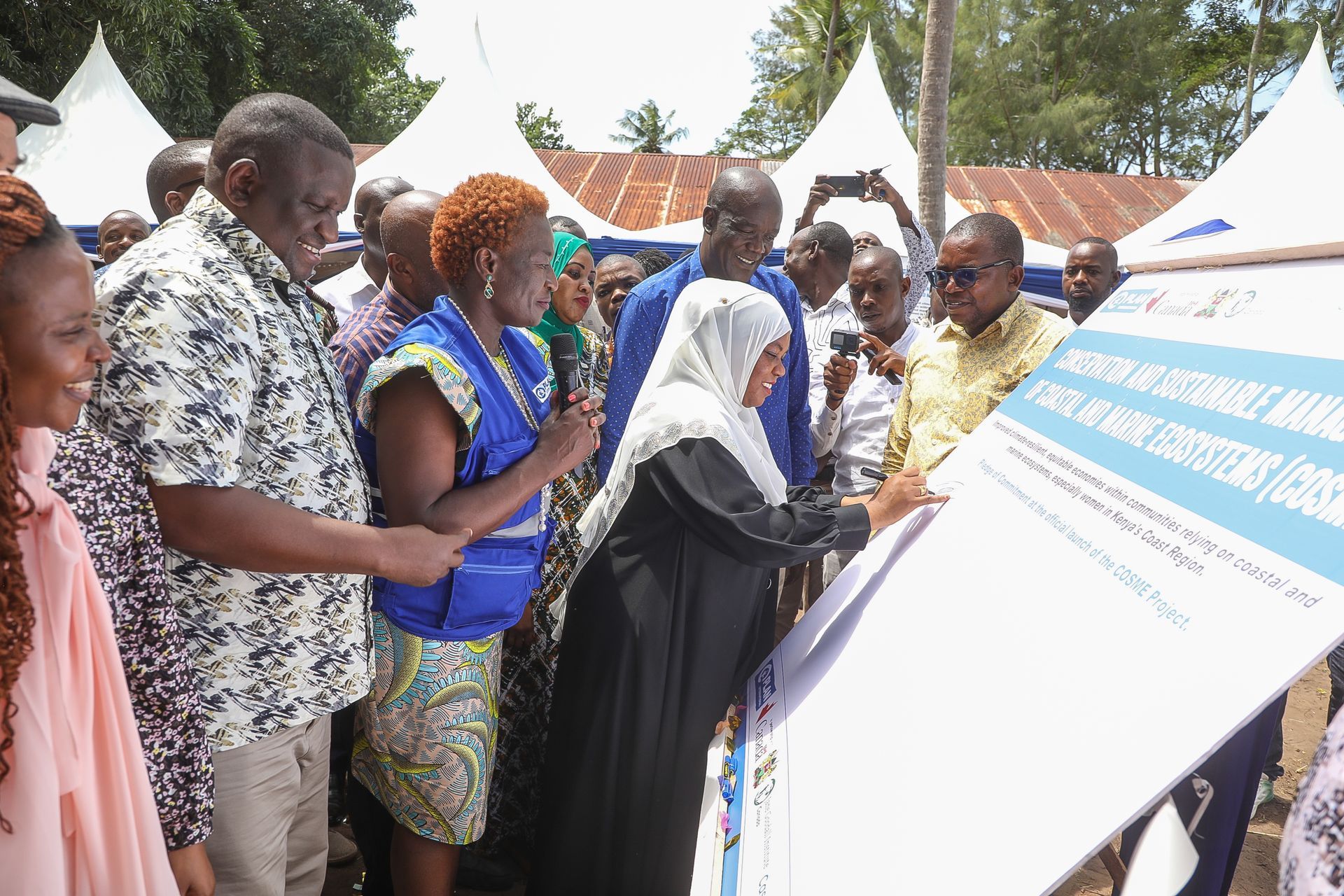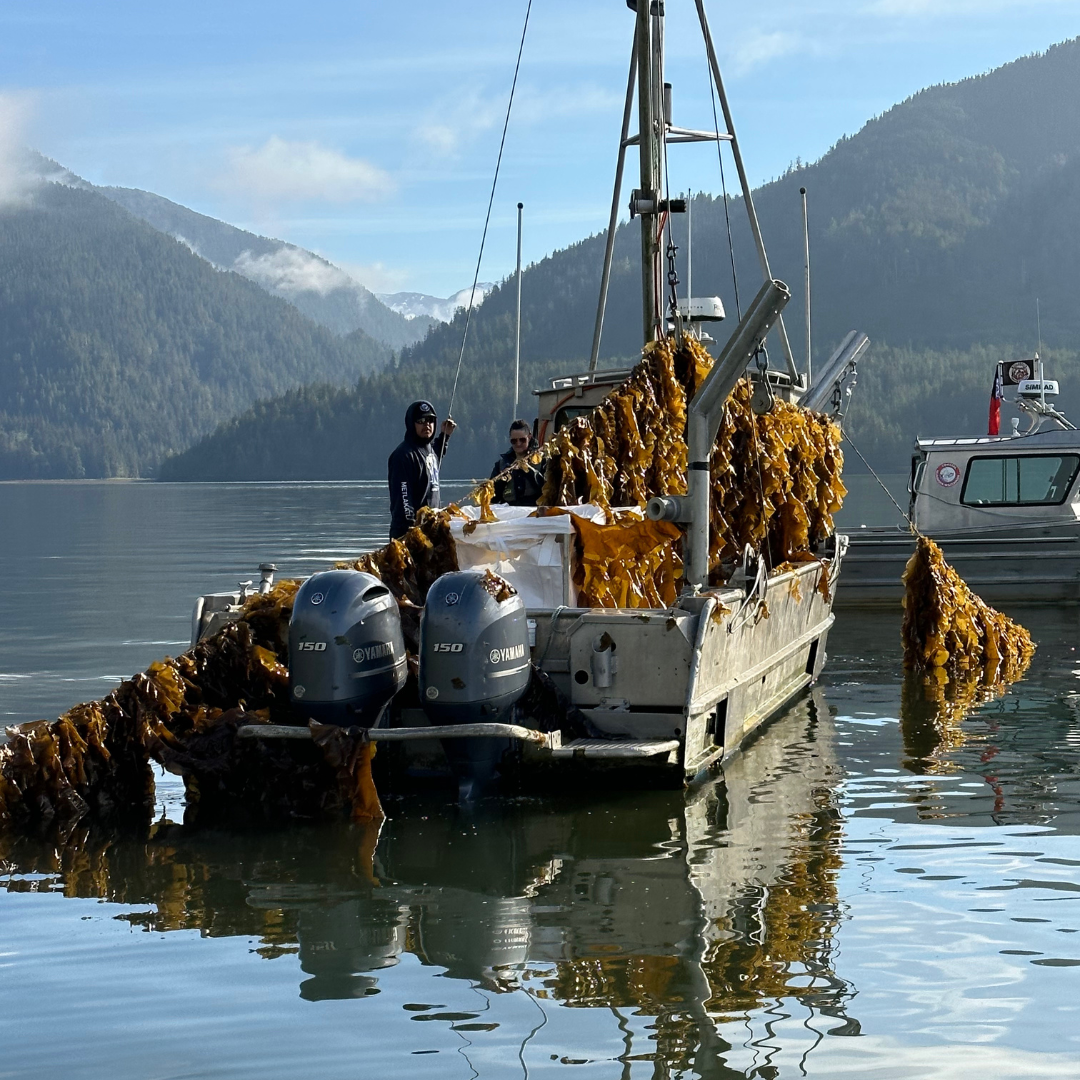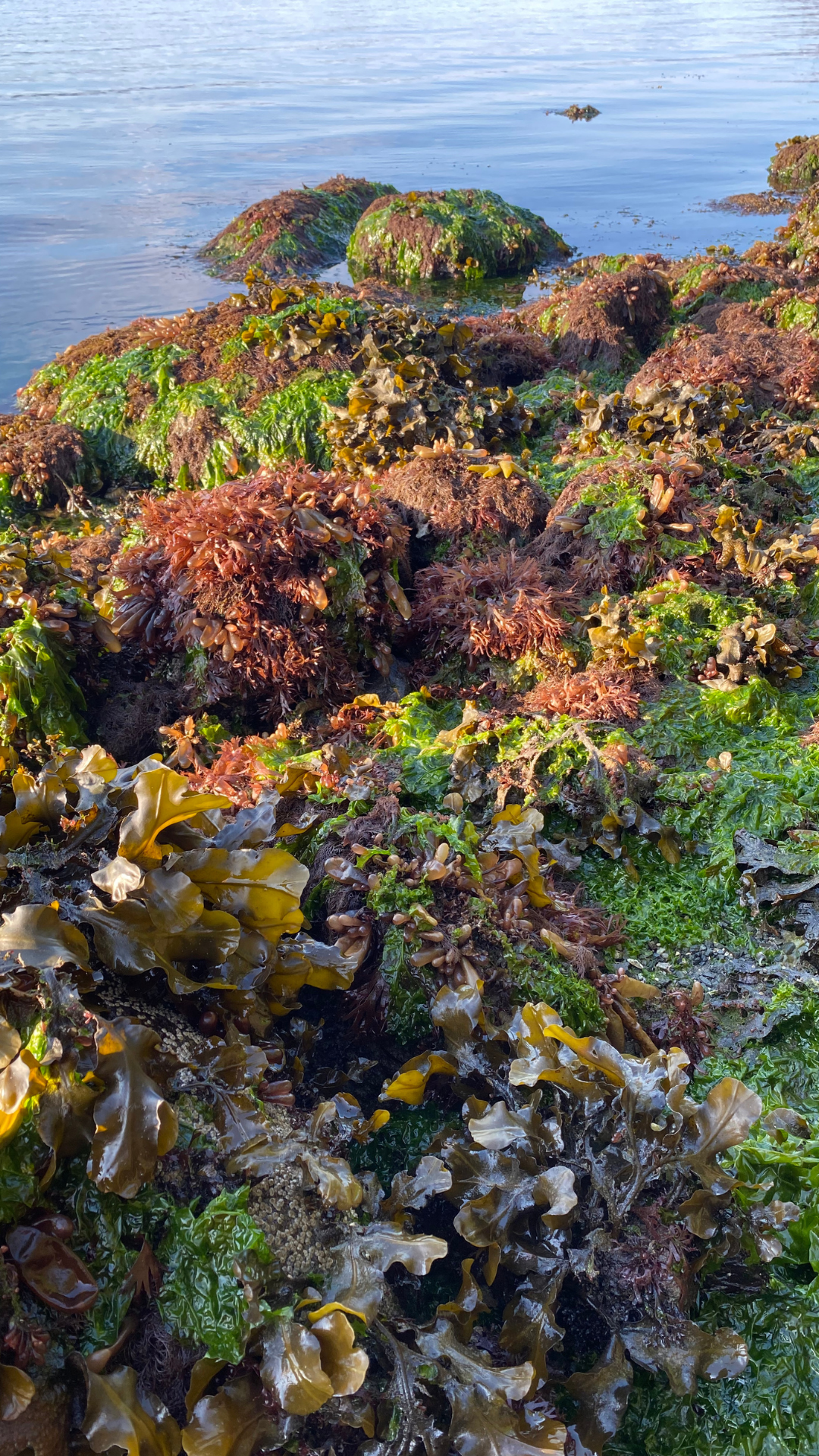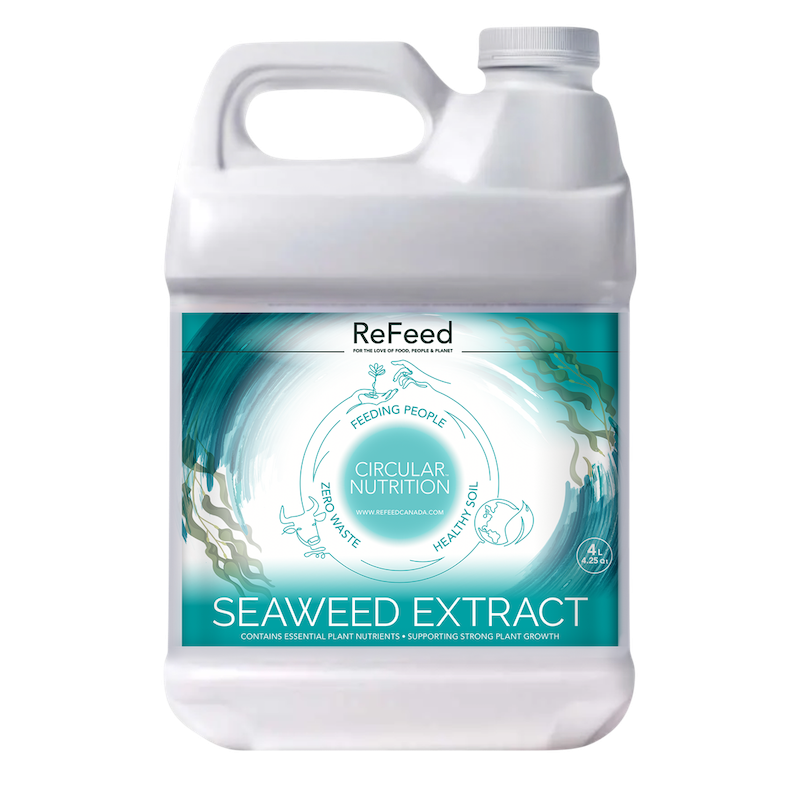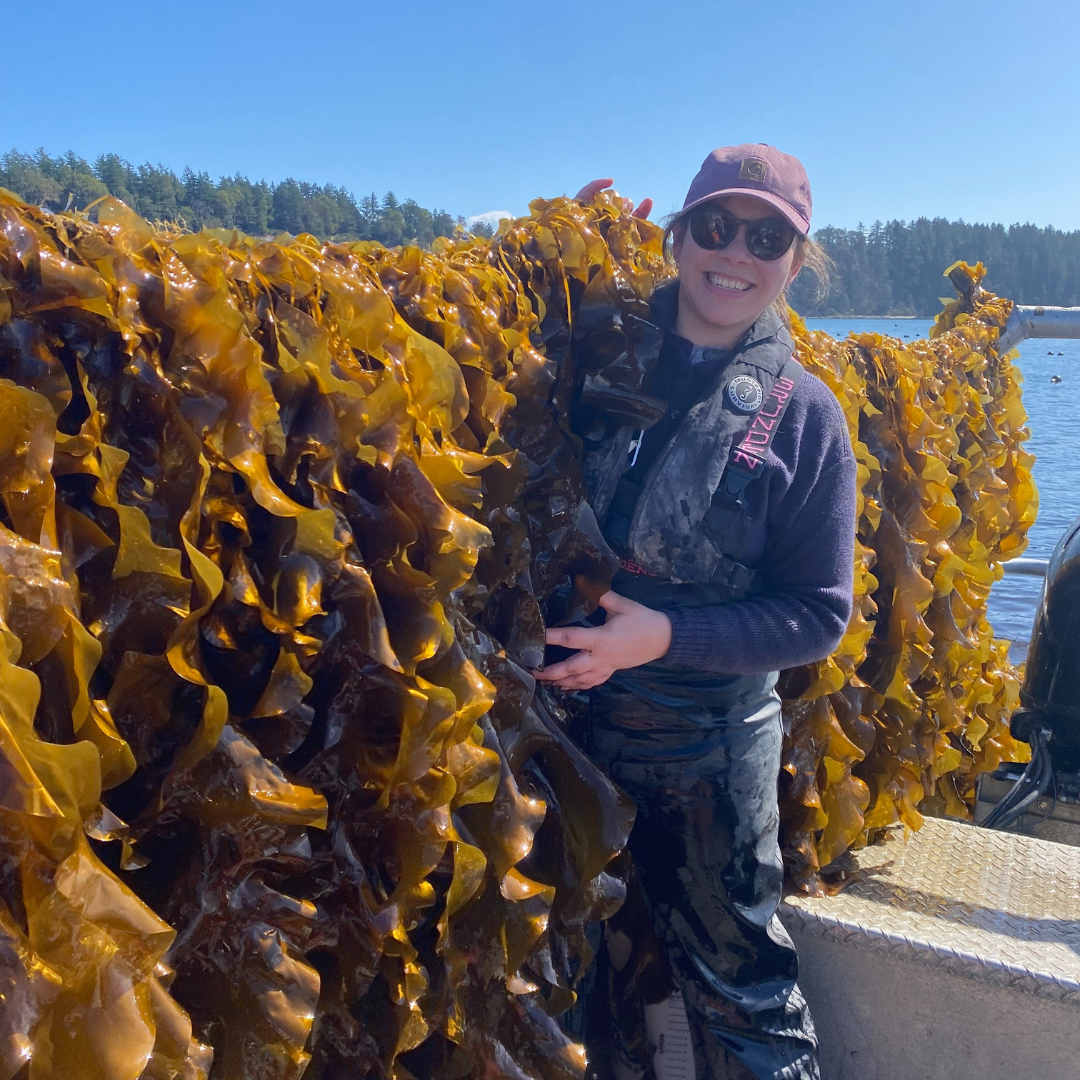At Cascadia Seaweed, we cultivate local species of seaweed and manufacture products for crop and cattle farmers.
Regenerative practices can help to boost environmental sustainability as well as bring economic benefits, believes marine phycologist Jennifer Clark, who sees seaweed as part of the answer to many challenges, including “food security and climate change".

“I love seaweed for its beauty and for what it does for coastal ecosystems as well as the planet,” says Dr. Clark, chief science officer, Cascadia Seaweed, a producer of ocean-cultivated seaweed with seven farms located around Vancouver Island. “In B.C., many fisheries are declining. Growing seaweed can help to provide economic stability for coastal communities.”
Seaweed ecosystems shelter and nourish countless organisms that are essential for our food web, including juveniles that are important for fisheries. And, as species that can grow between 30 and 60 centimetres a day, seaweed absorbs large amounts of carbon dioxide – and produce oxygen through photosynthesis.

Establishing a seaweed aquaculture in B.C. requires “finding areas that are best suited for growing seaweed, which needs lots of light and high water motion that facilitates an upwelling of nutrients from the deep ocean,” says Dr. Clark. To avoid negative impacts, she works with community partners who share local knowledge, for example, on traditional uses of seaweed or ecologically sensitive areas.
Promoting practices that help to “maintain genetic diversity and enable natural reseeding” further enhances seaweed’s potential as a “blue economy powerhouse,” she adds.
Content from World Ocean Day Report
Published June 8, 2022
Globe and Mail
www.theglobeandmail.com/life/adv/article-catalyzing-the-blue-economy/
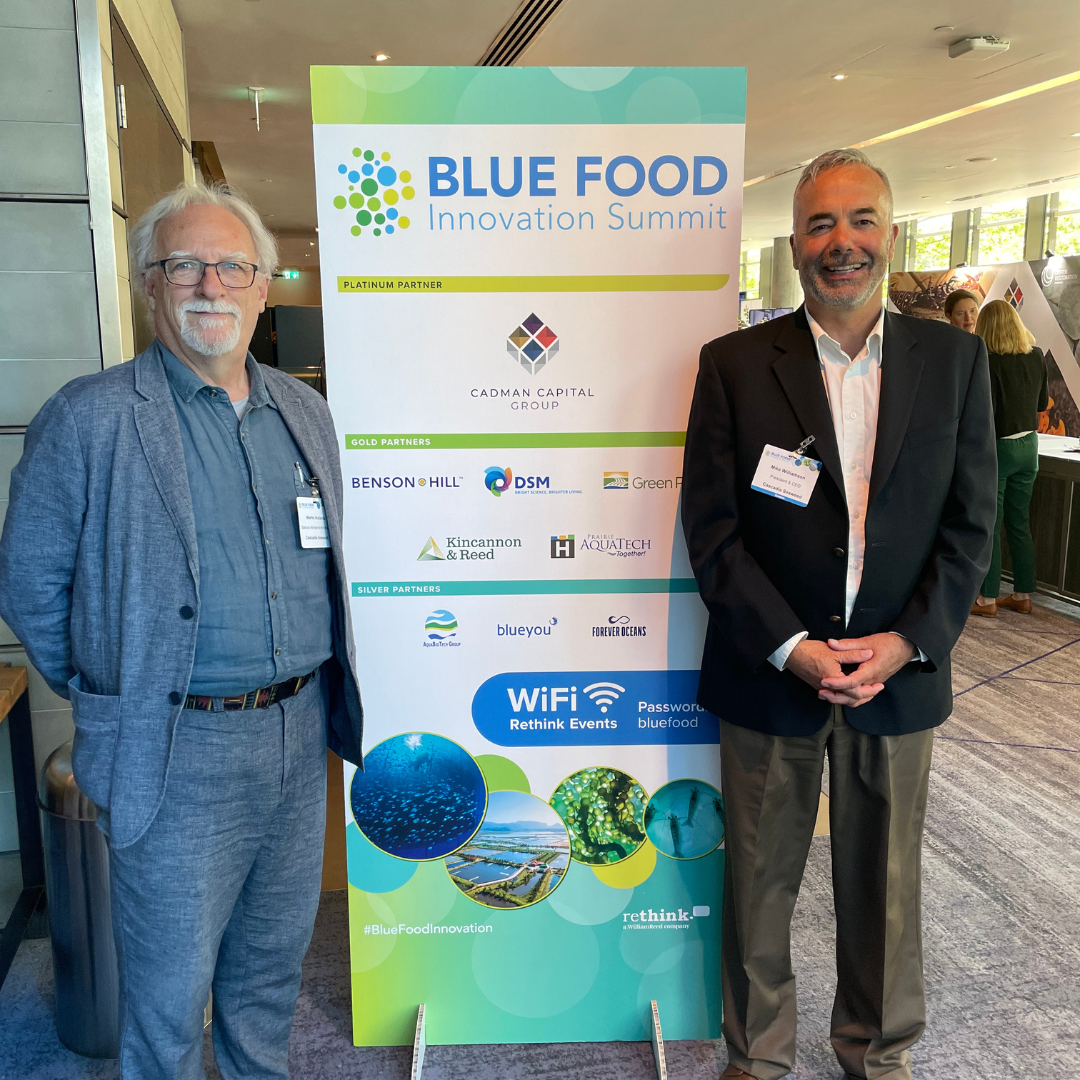
C - 9774 Third Street Sidney British Columbia V8L 3A4
Email: info@cascadiaseaweed.com
Phone: 1-778-351-4484

9774 - C Third Street Sidney British Columbia V8L 3A4
Email: info@cascadiaseaweed.com
Phone: 1-778-351-4484

